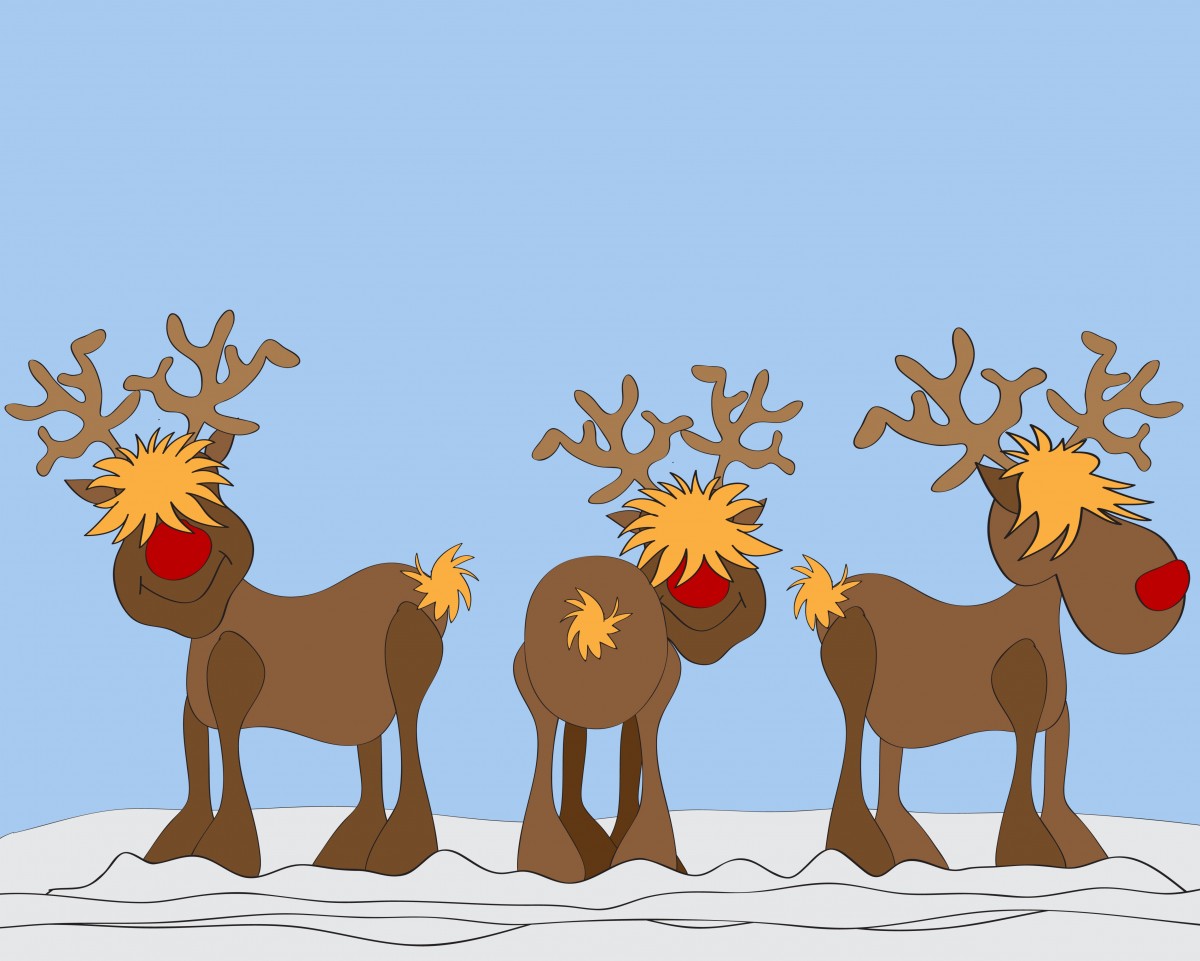
I’m sure Santa’s reindeer are napping right now after a gruelling night delivering presents to good children all over the world. And now, new research has shown that they’re probably doing it while eating – according to scientists from the University of Zurich. This team has discovered a behaviour unique to reindeer, where the ruminant animals maximize both their sleeping and snacking by doing both at the same time. They believe this helps the reindeer take advantage of long northern days during the growing season, stuffing themselves for the long winter ahead.
Reindeer extract the most nutrients out of their cellulose-heavy diets by passing food up and down their series of four (!) stomachs, and back up into their mouths – as “cud” – to be further broken down by ruminating. By running a sleep trial of sorts on four Eurasian tundra reindeer from a captive herd in Norway, the researchers determined that the reindeer’s brains were rested after ruminating cud, in a way that would not have been possible if they were fully conscious.
“EEG brainwave recordings revealed the reason why: When the reindeer are ruminating, their brain waves resemble those during non-rapid eye movement (REM) sleep. Because they seem to enjoy the benefits of such sleep while serenely chewing their cud, the animals are rested after ruminating. […]
And when ruminating, the deer displayed behaviors that are more akin to those expected during sleep. For example, they stood or sat quietly and did not react to disturbances, such as neighboring deer moving around, as they would when awake. A neighbor standing up or sitting down would draw a reindeer’s attention 45 percent of the time when awake, the study found, but only 25 percent of the time when ruminating and just 5 percent when the animals were completely asleep.”
As someone who has long wanted to holiday multitask by snoozing on the couch while simultaneously destroying a plate of latkes, I’m envious of this reindeer talent. (And their workload – I’ll take one night of wall-to-wall hard work per year, with holiday pay, no problem.) I’m also fascinated by this particular animals’ experience of sleep, which we humans define so narrowly. I wish them all the rest they need or want – and you too, dear reader, this holiday season! We at DFC hope your New Year brings lots of shared meals, togetherness, and delicious adventures.